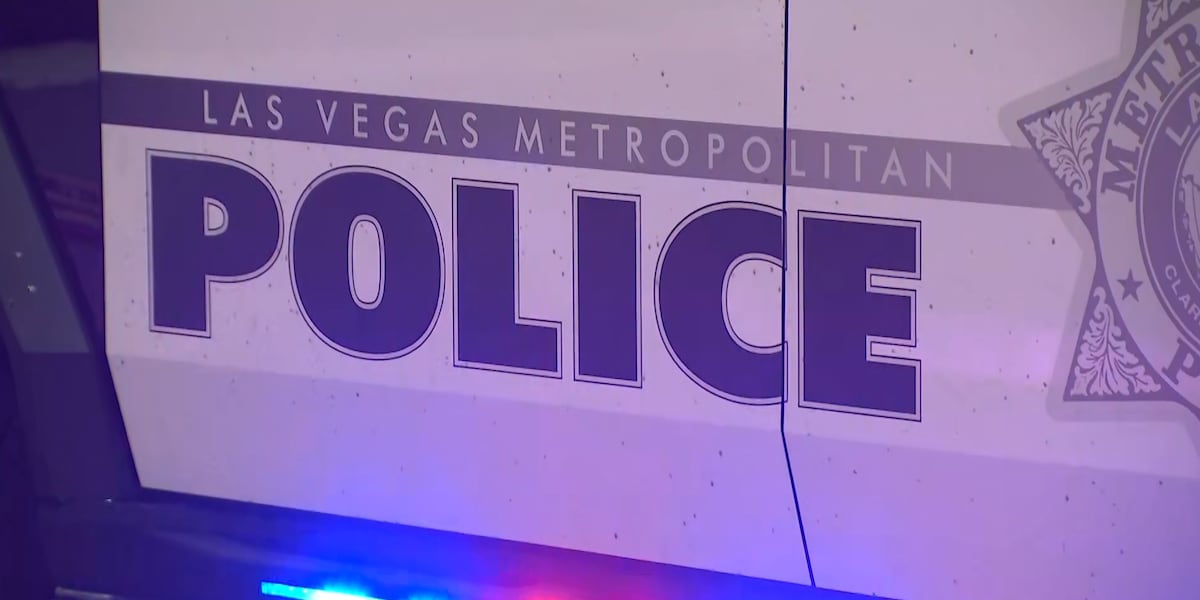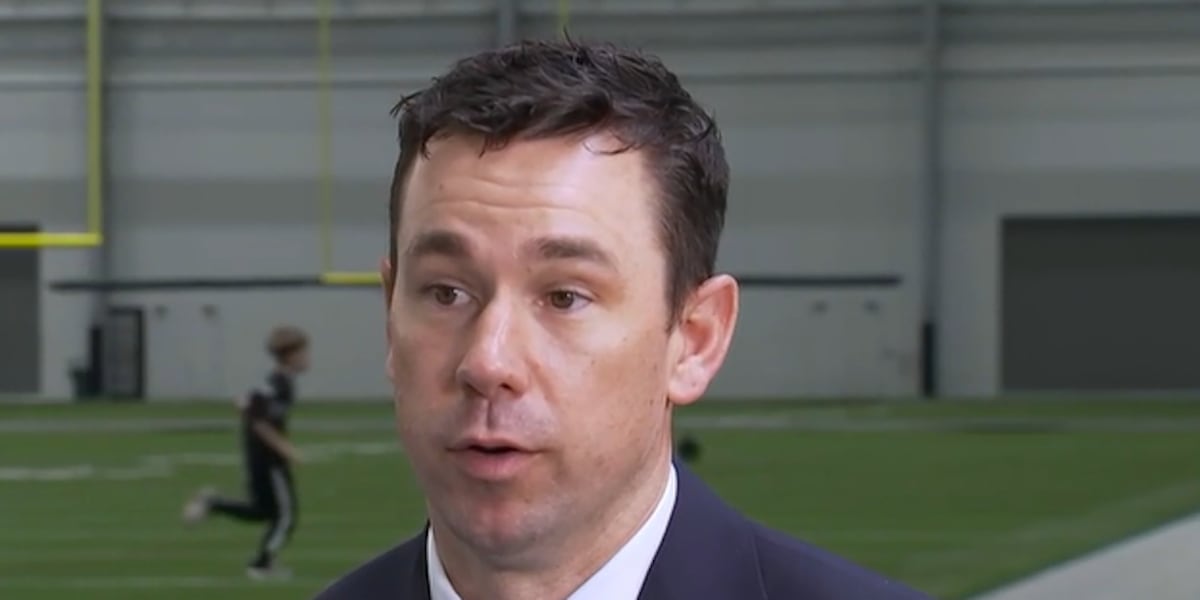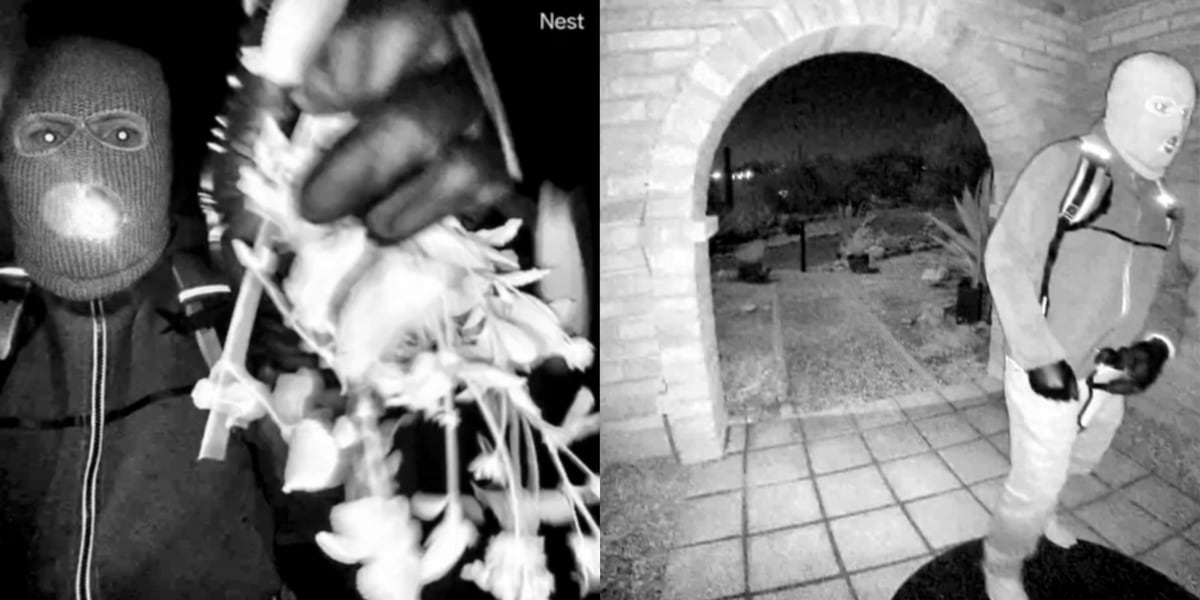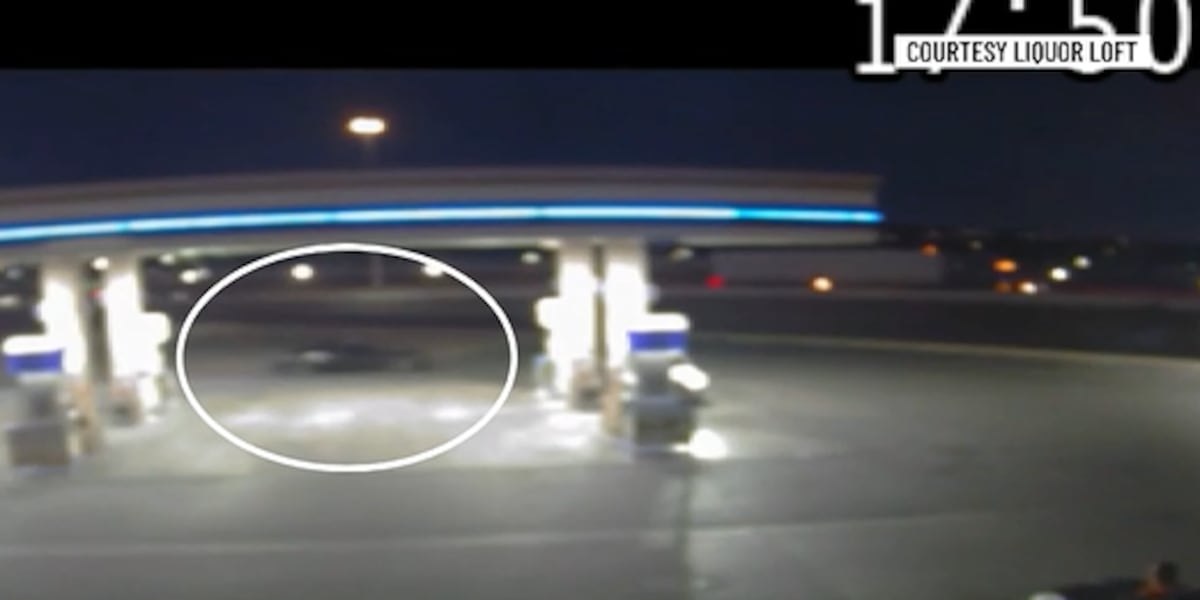LAS VEGAS, Nev. (FOX5) – We now have a better idea why a Metro Police Department helicopter made a precautionary landing along a road near a residential neighborhood just over one month ago.
The investigation by Metro’s Air Operations Bureau revealed two components showed some wear and tear on the Air 2 chopper that day, according to Lieutenant David Gordon.
A belt and heater blower. But he says mechanics suspect something else may be to blame. “They have not ruled out the possibility of it being what’s referred to as a compressor stall, which is a phenomenon in a jet engine where the engine temporarily loses air flow,” Gordon said.
“At the end of the day, the mechanics were not able to find a smoking gun, if you will.” After ordering new parts, Lieutenant Gordon says his helicopter units are clear for takeoff.
Those units get a lot of airtime. Air Support is up and running 20 hours a day, seven days a week, with over 4,500 hours flown last year.
The Air Support Unit acts as the eye in the sky for Metro Police on the ground, assisting with high-speed pursuits, presidential visits, and rescue operations.
Lieutenant Gordon says the Air Operations Bureau is divided into three functions. Patrol operations, patrol coverage, and rescue coverage.
He doesn’t mince words about the workload. “It’s very, very high stress multitasking.”
That’s because in a high-speed pursuit for example, the two officers in the chopper have to keep an eye on the sky, the suspect, the road, upcoming intersections, and tell all of that to units on the ground.
Gordon says it can take an emotional toll on his team.
“They’re constantly flying the aircraft. They’re constantly manipulating the controls, and then you add into the law enforcement environment that adds a tremendous amount of stress, both physical and psychological,” Lieutenant Gordon said.
He says high-speed vehicle pursuits are some of the most dangerous police activities there are.
Thankfully, there aren’t many.
In 2023, the Air Support Unit assisted with 87 pursuits, helped catch over 1,300 suspects, recovered close to 500 stolen vehicles, and took to the sky about 8,500 times.
Lieutenant Gordon also tells FOX5 pilots go through two years of training before take off with Metro’s Air Unit.
The department also spends up to $1,000 annually per pilot on additional training as an investment in safety.
Copyright 2024 KVVU. All rights reserved.





